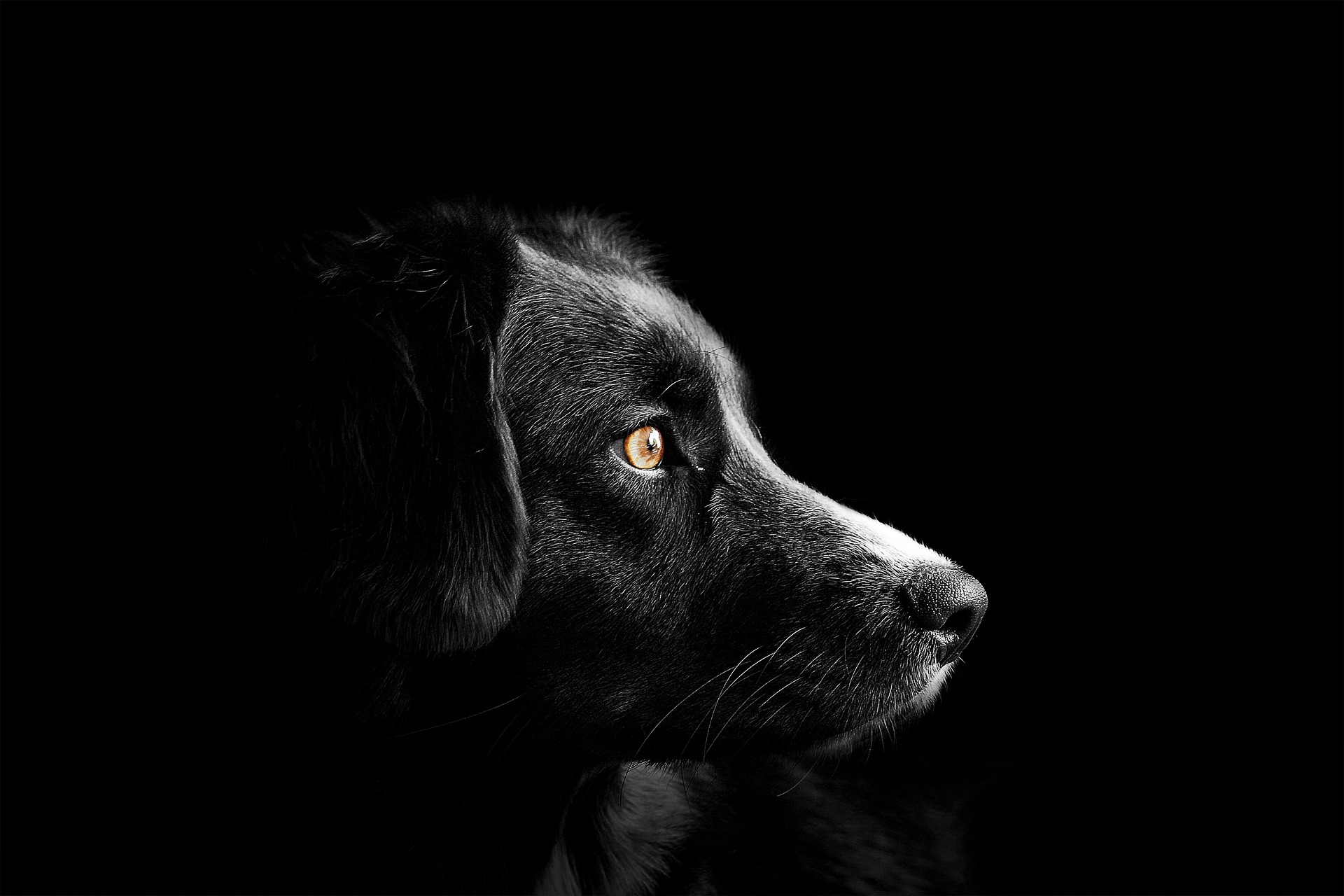
As the temperatures rise during the summer months, it's important to keep your furry friends cool and hydrated. Just like humans, dogs can suffer from heatstroke and dehydration if they are not given the proper care and attention on hot days. One common question that many dog owners have is whether cold water is better for dogs on a hot day. Let's explore this topic in more detail.
Water is essential for all living beings, including your furry four-legged friend. Dogs need water to regulate their body temperature, aid digestion, and eliminate waste from their bodies. On a hot day, dogs sweat through their paw pads and by panting. This makes them more prone to dehydration and overheating. Providing your dog with access to fresh, clean water is crucial to keeping them healthy and happy.
There is a common misconception that giving dogs ice-cold water on a hot day will cause their stomachs to cramp or even lead to bloat. However, there is no scientific evidence to support this claim. In fact, veterinarians recommend giving dogs cold water on a hot day to help them cool down more quickly.
Cold water can help lower your dog's body temperature faster than room temperature water. This can be especially beneficial if your dog has been playing outside in the heat or is showing signs of heatstroke. It's important to monitor your dog and make sure they don't drink too much water too quickly, as this can lead to water intoxication.
The amount of water your dog needs to drink can vary depending on their size, age, and activity level. As a general rule of thumb, dogs should drink about one ounce of water per pound of body weight each day. However, this can increase significantly on hot days or if your dog is exercising vigorously.
It's important to provide your dog with access to clean, fresh water throughout the day. You can also add ice cubes to their water bowl to help keep it cool. Be sure to monitor your dog's water intake and refill their bowl frequently, especially on hot days.
It's important to know the signs of dehydration and heatstroke in dogs so you can act quickly if your furry friend is in distress. Some common signs of dehydration include dry gums, sunken eyes, and lethargy. If your dog is showing signs of heatstroke, such as excessive panting, drooling, or vomiting, you should seek veterinary care immediately.
Remember to always provide your dog with plenty of water on hot days and monitor them closely for any signs of distress. Cold water can help your dog cool down faster and stay hydrated, so feel free to give them a refreshing bowl of cold water the next time the temperatures start to rise!